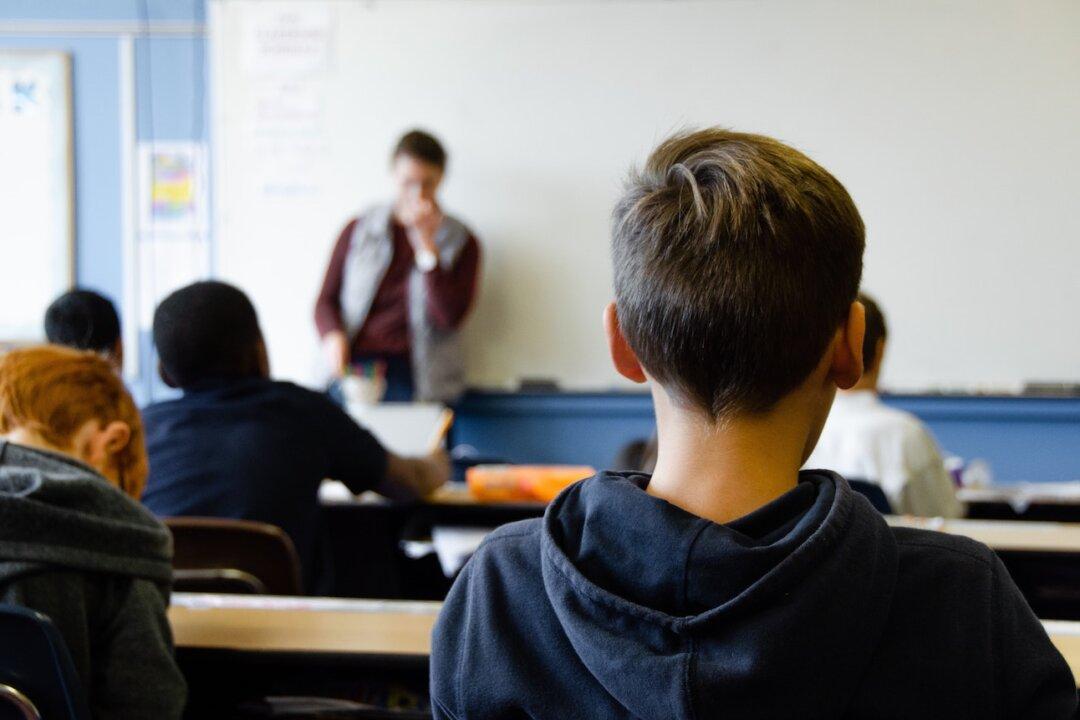A proposed bill in Florida would allow the state’s public school districts to place video cameras in classrooms and require teachers in the classrooms to wear microphones.
House Bill 1055 (pdf), filed by Republican state Rep. Bob Rommel for the upcoming 2022 legislative session, creates a set of rules about how classroom cameras should be placed and under what circumstances the video and audio recordings should be made available for public viewing.





